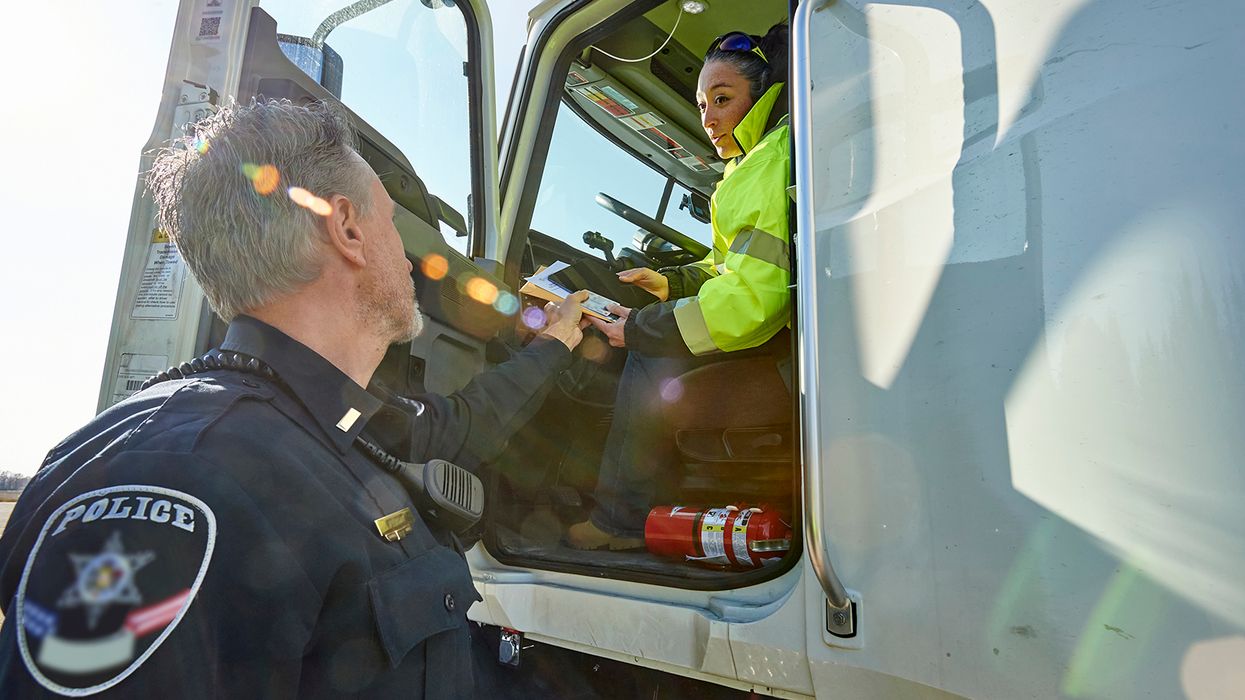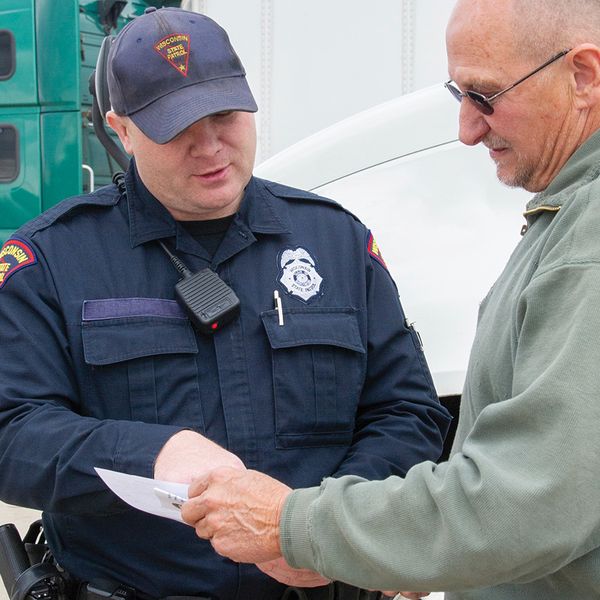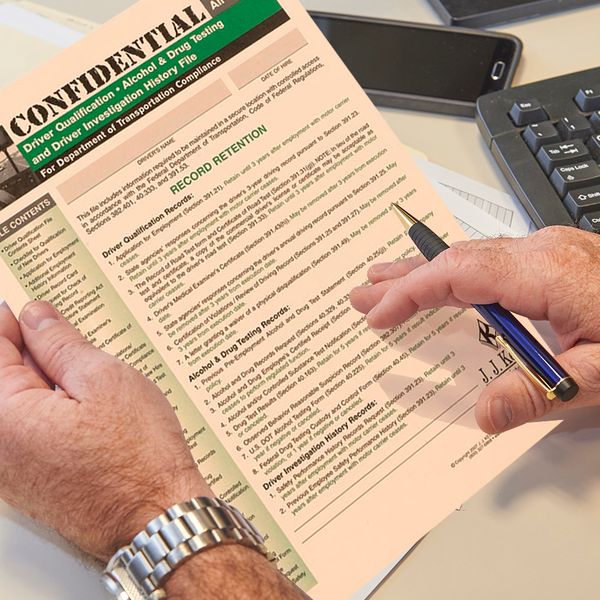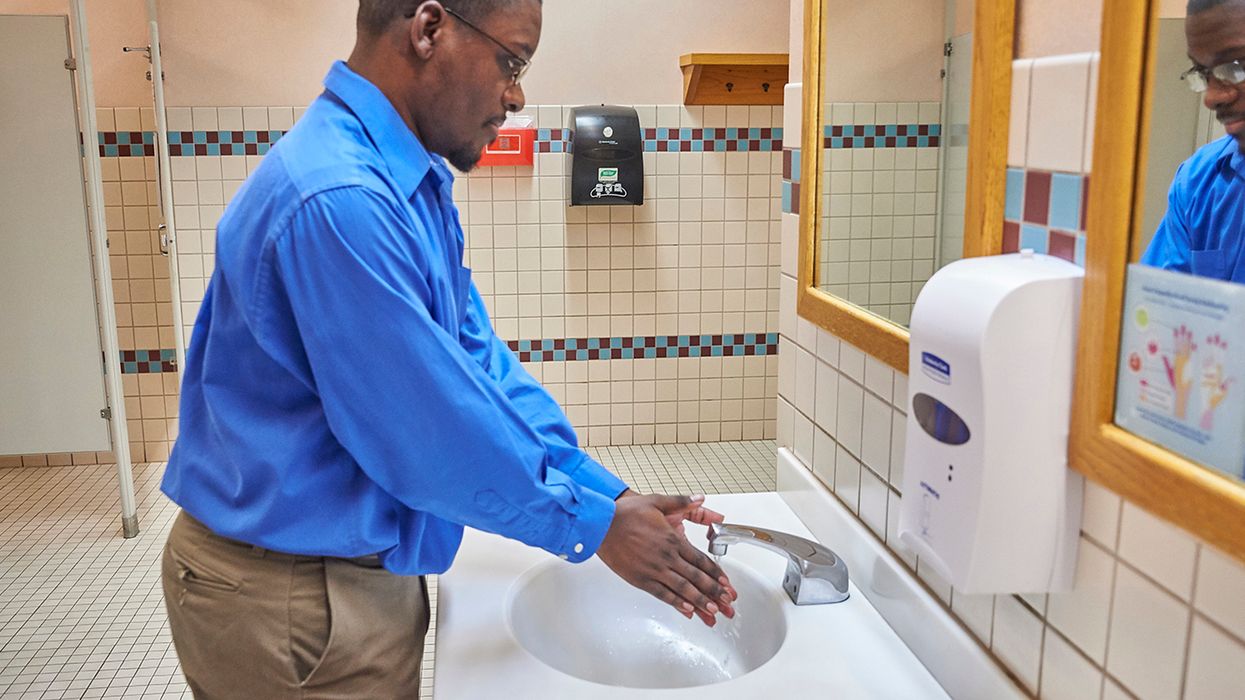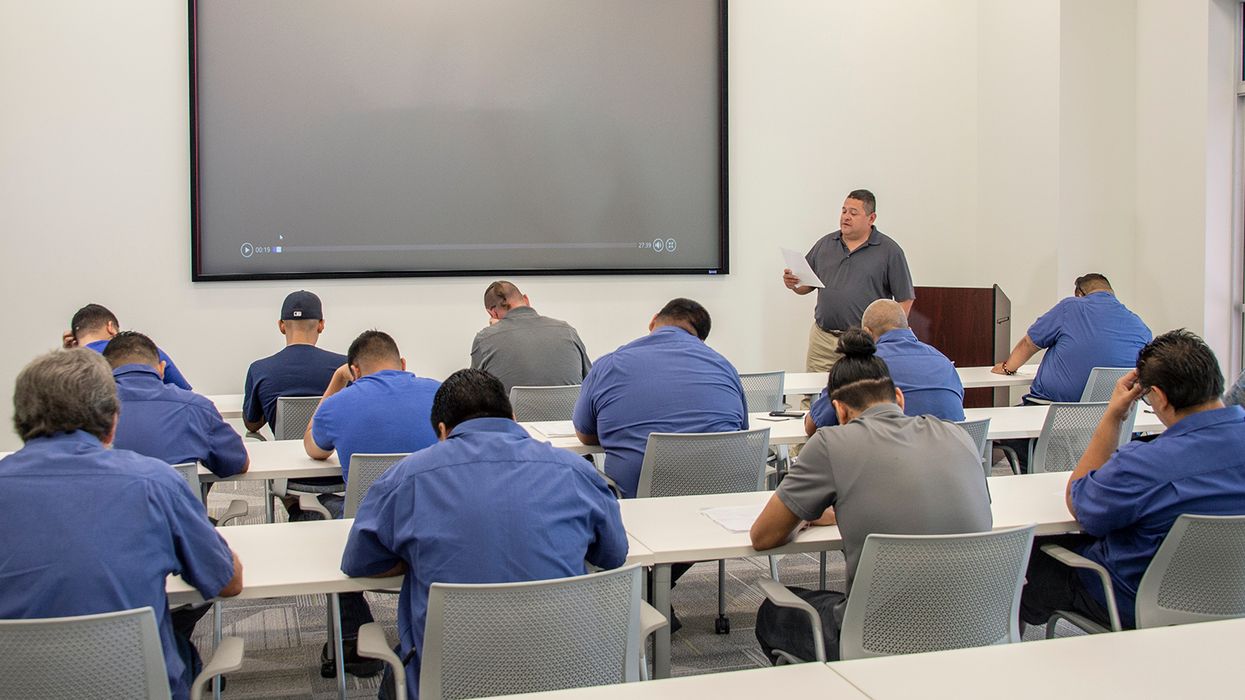PSP record: A risk management tool
Over 5 million citations were issued during roadside inspections in 2022, with almost a million resulting in the driver and/or vehicle being placed out-of-service. How would you know if your driver applicant was one of those million last year? It might be as simple as a ten-dollar report.
The Pre-employment Screening Program (PSP) is an optional screening tool with data provided by DOT’s Motor Carrier Management Information System (MCMIS). This is the same database that funnels information into the Safety Measurement System, used to score motor carriers and drivers under the Compliance, Safety, Accountability (CSA) enforcement program.
What info will PSP provide?
The best indicator of how driver applicants might perform while operating one of your commercial motor vehicles (CMVs) is how safe they operated someone else’s.
After obtaining an applicant’s consent, a motor carrier can learn of a driver’s past five years of CMV crashes and three years of CMV roadside inspections through a PSP record. In addition to safety history, the report helps identify previous carriers that the driver omitted from the application and, therefore, were not contacted with the safety performance history inquiry.
Does PSP show a driver’s CSA scores?
No. Even though PSP data originates from MCMIS, there is no “score” or “value” attached to the driver for the number of crashes or violations in the database. PSP only reports the events and is unrelated to the CSA initiative.
| Learn more about the CSA model. |
Will PSP satisfy a new hire’s motor vehicle record (MVR) requirement?
No. MCMIS does not connect with the state driver’s licensing agencies (SDLA) networks, so they do not share data. A PSP report will not show what the typical MVR provides.
| MVR* | PSP record |
License information for a particular state:
| MCMIS data from all CDL numbers a driver held for the past 5 years |
| Convictions of traffic code (any motor vehicle) | CMV roadside inspections within the past 3 years, along with any violations appearing on the reports, regardless of whether they resulted in a different conviction |
| Crashes (any motor vehicle) | CMV crashes (390.5) within the past 5 years |
| *The length of history varies by individual state report | |
Using PSP data
A common motor carrier practice assigns point values to violations and crash circumstances on a PSP record. This is similar to the CSA methodology. Many carriers and their insurance providers use the same strategy to score MVRs.
If the driver exceeds a predetermined threshold, the motor carrier removes the applicant from candidacy. Some motor carriers have a policy to automatically disqualify a driver based on specific violations.
The risk of not checking
The PSP record is not a required investigation, but the report reveals details you cannot learn through mandatory inquiries.
To hire a driver without all the facts can leave a motor carrier vulnerable to poor roadside inspections, higher CSA scores, fines, and increased insurance premiums. And one serious crash can tarnish a carrier’s reputation and result in a lawsuit.
Key to remember: The return on a ten-dollar investment might be millions when considering the potential damage of hiring an unsafe driver.

